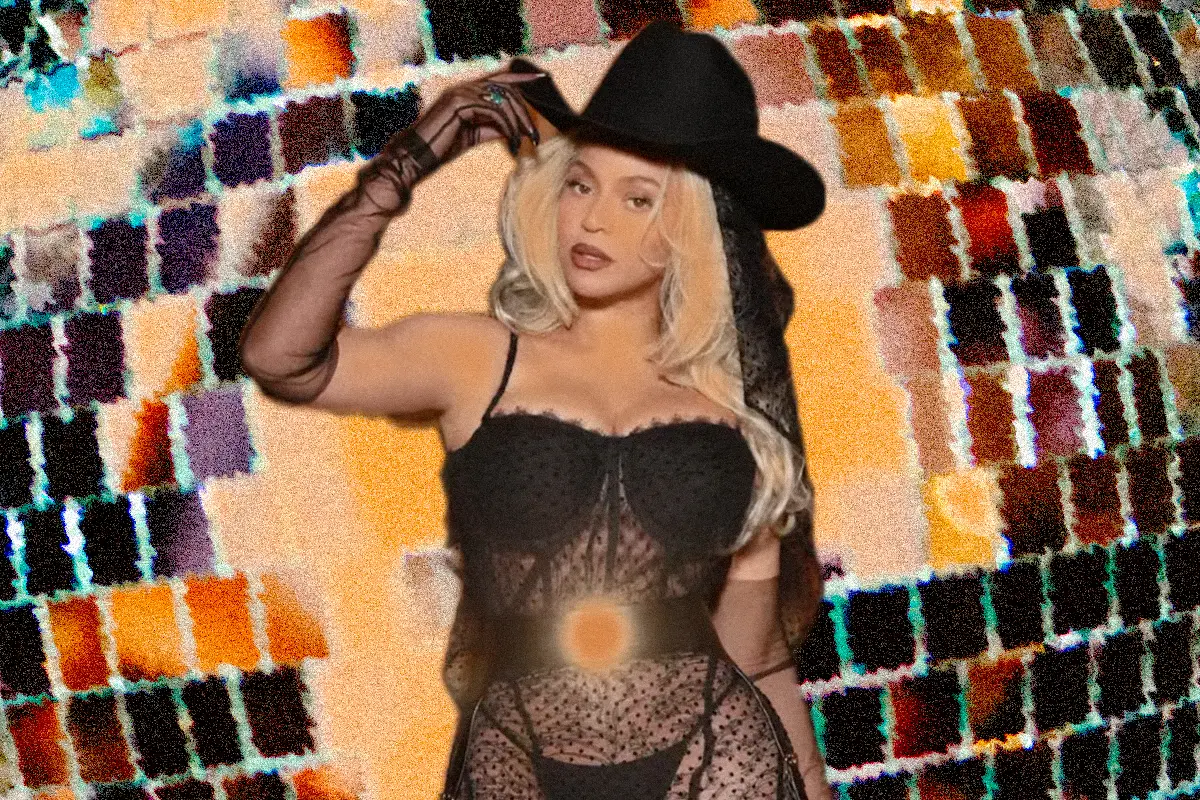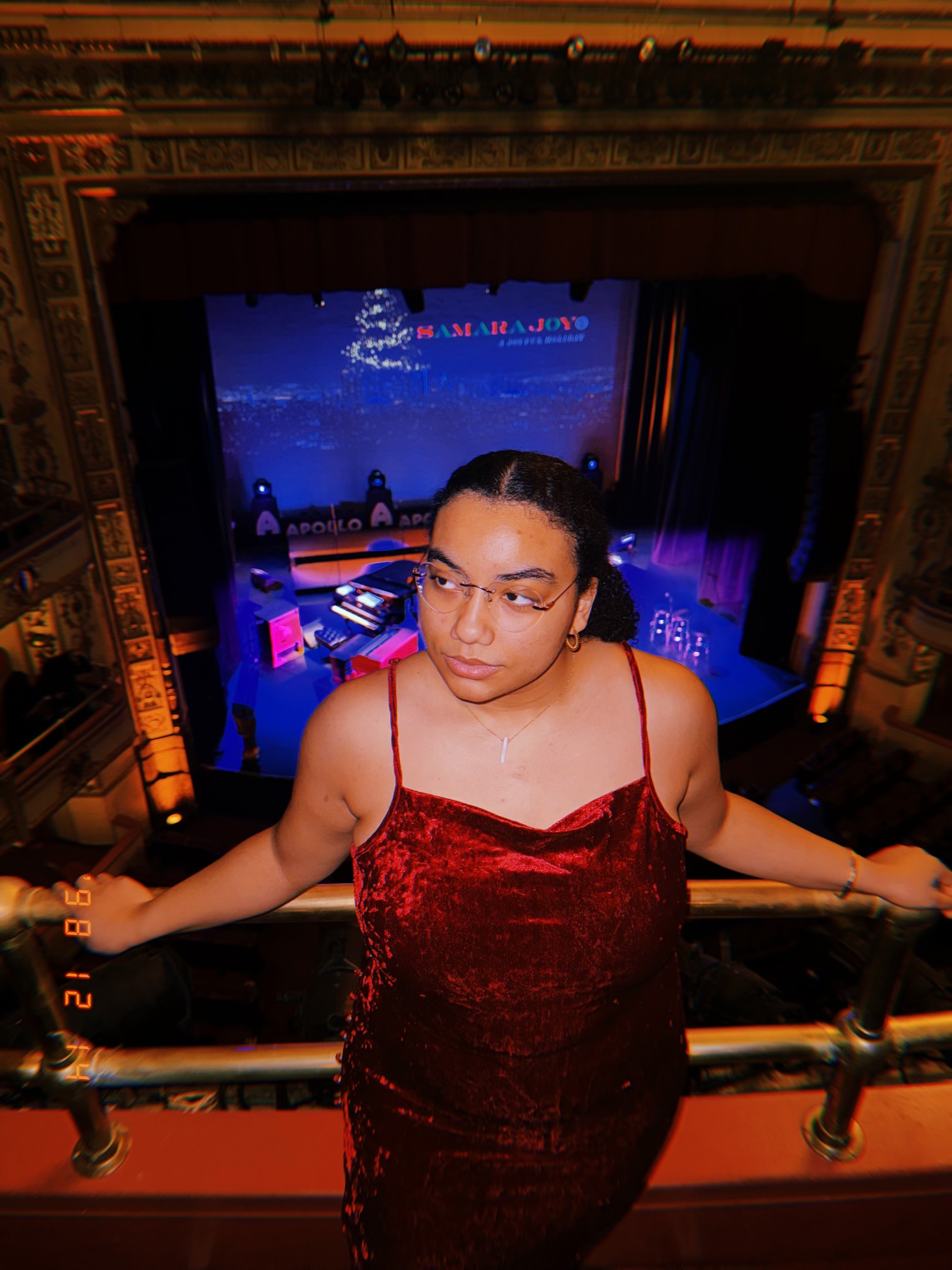This February, Beyoncé’s latest single, “Texas Hold ‘Em,” became the first country song by a Black woman to debut at #1 on the Billboard country chart, while also currently holding the number 1 on the Billboard Hot 100 Singles chart for the second week in a row.
While many fans were surprised when Beyoncé released her country singles, most people tend to forget that Beyoncé was born and raised in Houston, Texas, which had a very large impact on her music taste growing up. Beyoncé’s father, Matthew Knowles revealed that during the summer he would send her to Alabama to spend time with her grandparents, where they would play her country music
“Texas Hold ‘Em” is not the first time Beyonce has created a country song.“Daddy Lessons” from her 2016 album Lemonade was the Beyhive’s first glimpse into Beyonce’s country stylings. When Daddy Lessons was released, Beyonce went on to submit this song to the Recording Academy’s country music committee but her submission was rejected. Even though it was denied, “Daddy Lessons” by Beyonce is clearly within the country genre, especially in her live performance at the 2016 Country Music Awards with the Chicks, another controversial group which has influenced the country music scene.
Many country radio stations have denied Beyoncé, Because country music is generally considered a “white” genre of music, many fail to realize the origins of country music in America started from enslaved Black people in the Atlantic Slave Trade.
West African instruments such as the N’goni and the Xalam are instruments Afro-musicologists have shown to parallel the banjo, an instrument closely associated with country music. Black spirituals, blues, and hymns on plantations inspired white country music in the 17th century. The instruments and songs of West Africa that enslaved Black people brought to the United States inspired what would become key aspects of country music. While white artists started claiming country music commercially in the 1920’s, Black artists were never acknowledged as the inspiration for country music across the nation.
A study from the University of Ottawa found “ a mere .03 percent of all songs on country radio from 2002 to 2020 were by Black women. Less than 1 percent of the 411 artists signed to the three major country music labels are people of color, according to the study.”
Since country is not a very mainstream genre of music, discrepancies in the music industry are easily brushed under the rug. By transitioning her music into country, Beyoncé is raising awareness of the racism and sexism in the country music industry. Beyoncé is introducing a new audience to a long history of country music. Her influence will create an opportunity to showcase Black country artists to a larger audience.
Mickey Guyton is the first Black female solo artist to be nominated for a Grammy in the category “Best Country Solo Performance”. She was also the first Black Woman to Host the Academy of Country Music Awards in 2021. Along with these achievements, she has been outspoken regarding the Black Lives Matter movement and released a song “Black Like Me” based on her experience of being a Black woman in America.
Rissi Palmer is also another Black female country artist to set records. When Palmer released her self-titled album in 2007, it was the first time since 1987 that a Black woman made it onto the Billboard Hot Country Songs chart. She also hosts her own podcast on Apple Music Called Color Me Country where she discusses the influence Black, Latinx, and Indigenous Americans have had on country music.
Now, with Beyoncé’s influence and attention on the country music scene, there is hope that other Black female artists will be able to shine and gain the respect and admiration they deserve. This shift in representation within the country music scene could spark important conversations about diversity and inclusion. As more diverse voices gain visibility, the genre stands to evolve in exciting new directions. Beyoncé’s embrace of country music may also inspire other mainstream artists to explore and appreciate its rich heritage.

















